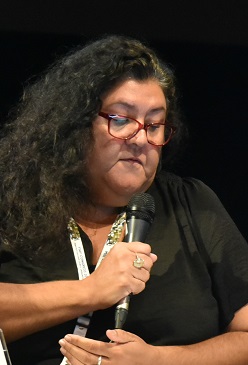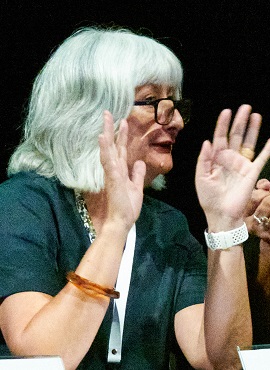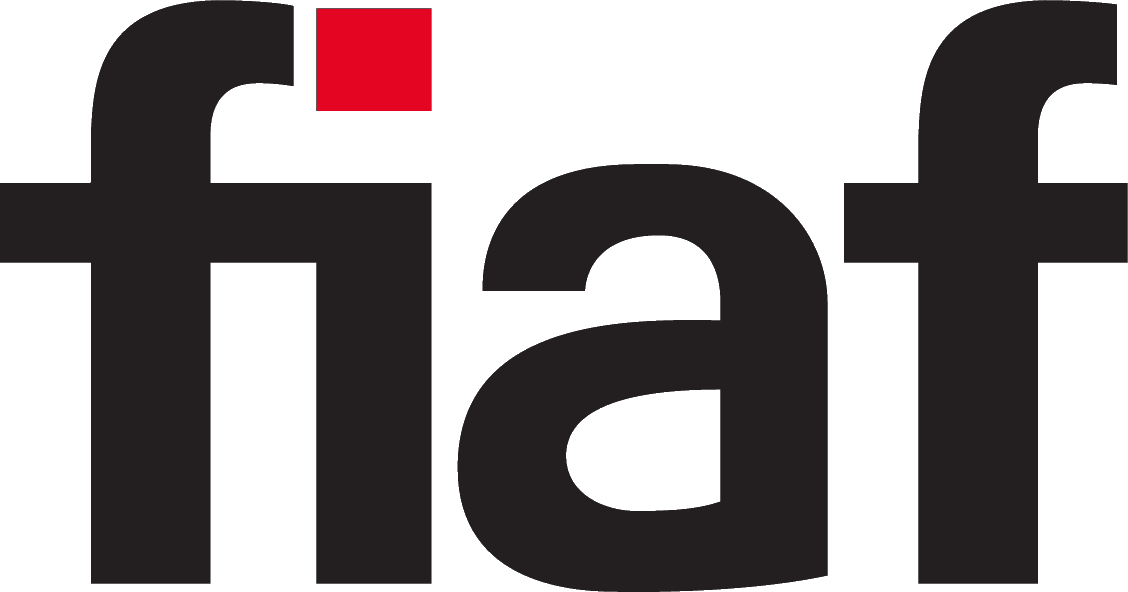Go back to main page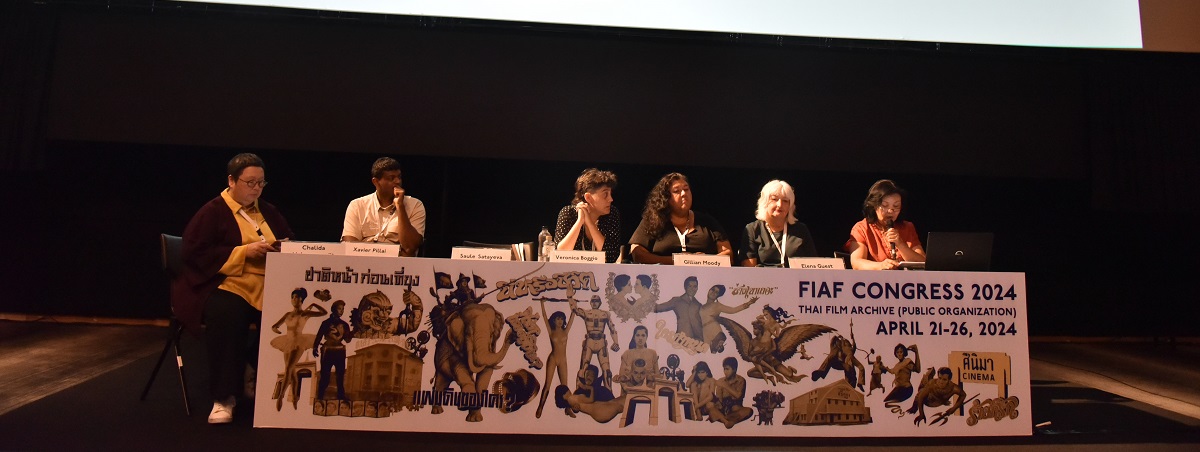 ©Thai Film Archive
©Thai Film Archive
2024 Bangkok Symposium
Session 2 - Memory and Restitution : Migrating Archives, Reclaiming Stories
Bangkok, 22 April 2023
Please do not publish or re-use in any way any of these documents without prior permission of the speakers.
Institutional Memory and Repatriation : the BFI and NATT’s Negotiated Transport of Films Back to Trinidad and Tobago and the Restoration of the Work of Edric Connor
Xavier Pillai (British Film Institute)
Film materials are integral to discussions on the restitution of heritage objects, as they link audiovisual culture to colonial legacies through their production and distribution by colonial film units. European post-production dependency extended this colonial relationship, leading to Western archives acquiring materials from collapsing facilities. The British Film Institute (BFI) notably repatriated pre-independence film from Trinidad & Tobago, a rare instance of film repatriation to the global South. This process, completed over ten years, underscores the importance of institutional memory in repatriation efforts and highlights the need for cross-cultural collaboration in managing shared heritage. This presentation evaluates this case alongside programming for the London Film Festival to assess its impact on global audiences.
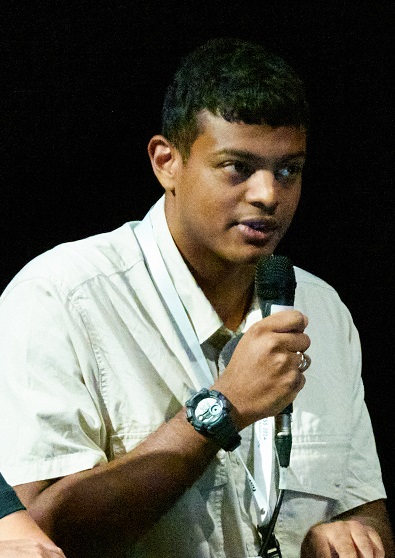
“Blank spots” of the History and the Archive’s Methods of Creating and Searching for Audiovisual Documents in Foreign Collections
Saule Satayeva (Central State Archive of Cinema Photo and Phono Documents of Kazakhstan)
This presentation highlights the evolution and importance of Kazakhstan's audiovisual archive, which plays a crucial role in preserving the nation's history, especially since its independence in 1991. The archive, established in 1943, has grown into a modern institution, digitizing a vast collection of film, photo, and audio documents, with 40% of its materials now digitized. It actively collaborates with international archives and conducts research to recover historical documents scattered across various countries, filling in the "blank spots" of Kazakhstan's history. The presentation also underscores the significance of documenting personal memories and oral histories, particularly those related to tragic events like the Great Famine of the 1930s and the Semipalatinsk nuclear tests, to enrich and diversify the historical narrative. Despite challenges like corruption and economic difficulties, there is optimism for Kazakhstan's future.
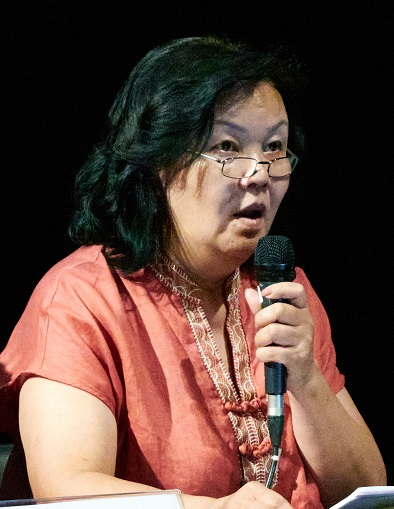
Other Amazonian Views : the Mapping of Amazonian Archives and the Managment of an Independent Collection in Peru
Veronica Boggio (Instituto Riva-Aguero y Filmoteca PUCP)
The Amazon rainforest seems so distant and exotic to us from Europe that a contemporary re-reading of its visual documentation is necessary. It is therefore essential to preserve, organise, classify and disseminate the film material that deals with it. This material is not only a cultural product in itself, but also an irreplaceable document, a witness of an era and a territorial context. However, the main barrier to achieving this is the lack of resources and institutions to preserve and recover the Peruvian film heritage. It is in this context that the project "The lost filmography", through field research, historiography and the implementation of various film preservation processes, proposes the creation of a collection of these moving images. This includes cinema, but also documentaries, newsreels, and domestic records, taking as a starting point the archival materials of Amazonian missionaries and those found in the Filmoteca of the Pontificia Universidad Católica del Perú. The project has been developed under independent management and has been made possible thanks to the collaboration and strategic articulation between the Riva-Agüero Institute of the PUCP, the Film Library of the PUCP and the Elías Querejeta Zine Escola of the Basque Country.
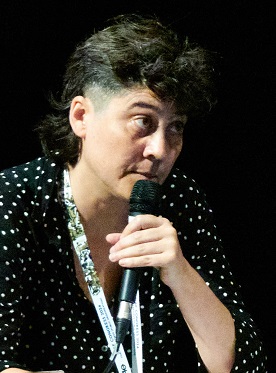
WINHANGANHA-(Re)Indigenisation of a National Collection
Gillian Moody (The National Film and Sound Archive of Australia)
Elina Guest (The National Film and Sound Archive of Australia)
In their presentation Gillian Moody and Elena Guest discussed the institution's commitment to the (Re)Indigenisation of its national collection through projects focused on repatriation, truth-telling, and cultural revitalization. Highlighting the WINHANGANHA project and the Central Australian Aboriginal Digitisation Project, they emphasized the importance of preserving and returning culturally significant audiovisual materials to First Nations communities. These efforts, particularly the digitization and repatriation of the Strehlow Collection, have enabled the preservation of over 800 ceremonial acts and 150 hours of stories, fostering intergenerational knowledge sharing and cultural continuity. The creation of a digital access studio on Country was a key outcome, ensuring that the community has ongoing access to these vital cultural records, supporting language revitalization and the maintenance of traditional practices.
